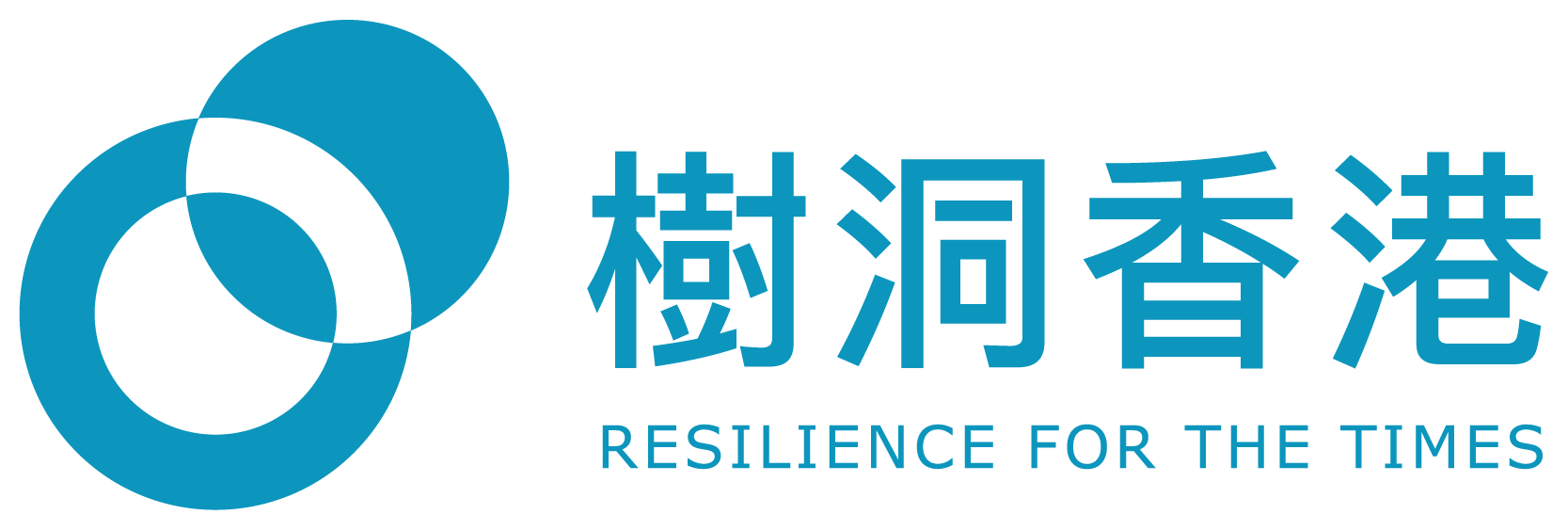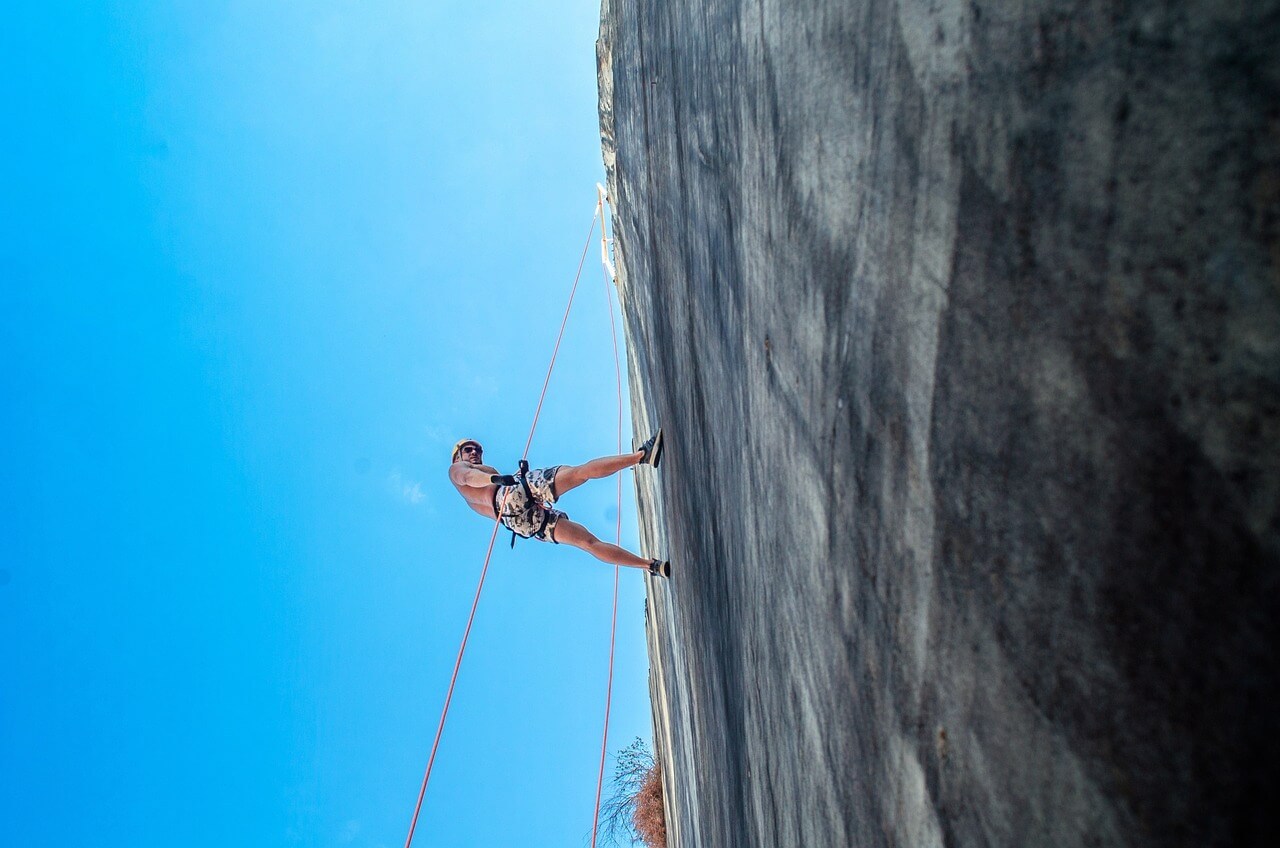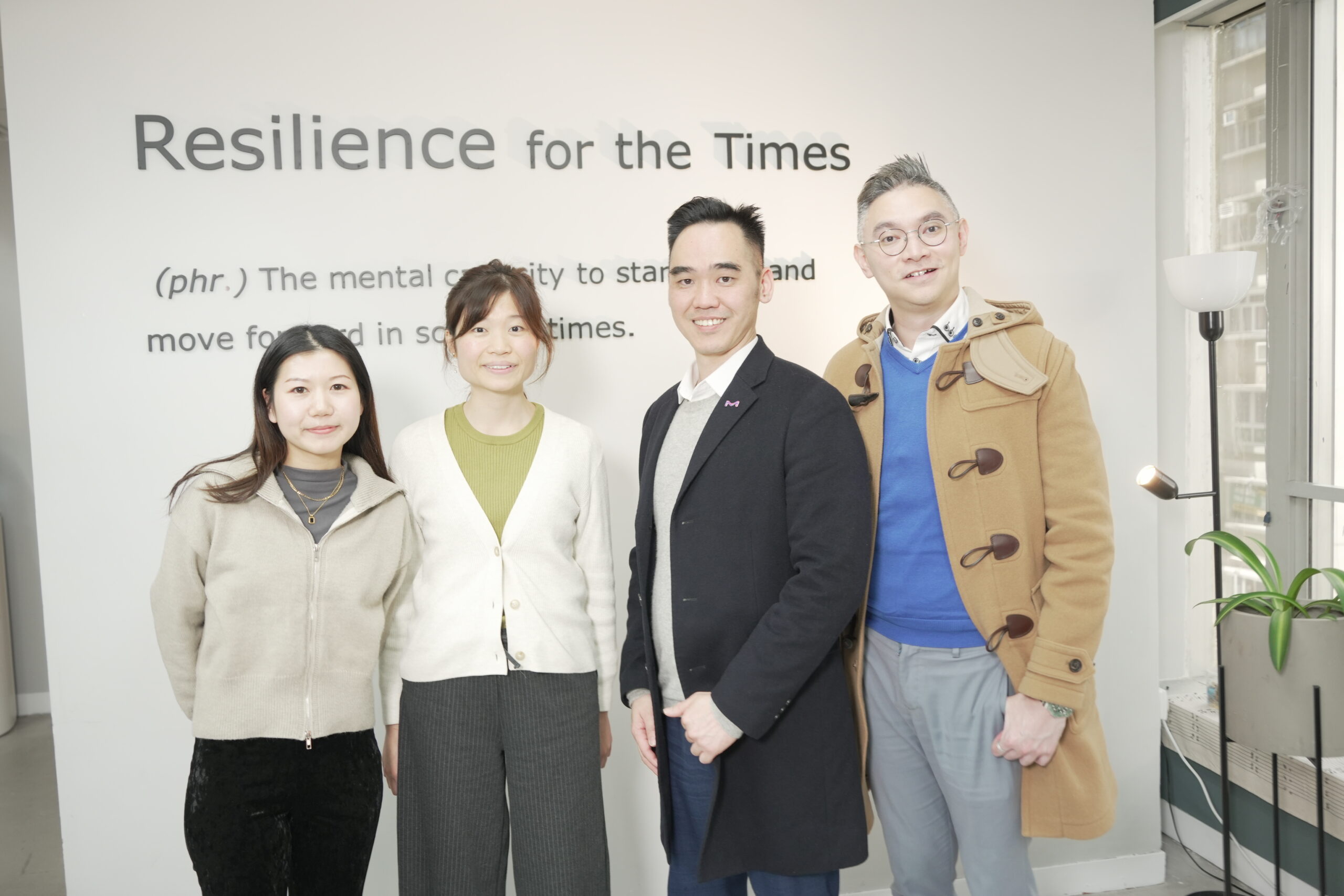
Building Resilience for the Times with Care
與Merck HK & Macau 常務董事兼總經理 Tony Cheng對談
關於 “Building Resilience for the Times with__” 系列
樹洞香港致力推廣心理學,務求讓你在知識中得到力量,在大時代中活出韌性。我們與企業領袖對談,了解資深行業領袖如何在日常工作中積極面對時代的挑戰,透過他們的實戰分享,助各行各業的團隊建立韌性。在瞬息萬變的世界,讓我們結合心理學和商業智慧,成就企業持續的發展。
沒有人是一座孤島。我們身處群體生活之中,當大家彼此關心,重視並投入於目標時,韌性便得以建立。
我們很高興邀請到默克香港及澳門(Merck HK and Macau)的常務董事兼總經理Tony Cheng,分享他對未來持續發展的願景,以及他如何透過關懷把願景實踐出來。
作為一家藥廠的領導,外界或許認為他的目標純粹是追求利潤,但Tony堅持他的核心信念說:「做正確的事,業績自然會來。」
對他來說,經營公司並不是一場你死我活的戰爭。即使企業是以盈利為目標,長遠願景是締造更健康的社會﹐這依然是清晰不變的。
至於如何締造更健康的社會,他點出了兩個重要面向:全人的社區參與,以及工作本身具備的意義。
全面考慮員工和社區——在商言商以外的關懷
對Tony而言,每個人對社區的歸屬感,是當下與未來成功的基石。他致力於賦能每一位默克內外的成員,並持續提供支持。
當前的職場環境中,單純支援日常工作的方式已難以滿足員工需求——他們期望的是更全面的支持,涵蓋職業發展、身心健康,以及工作與生活的平衡。舉個例,默克香港致力於「Family Matters」家庭友善措施的倡議。誠然,低生育率受眾多社會環境因素影響,職涯高峰期與生育時間重疊,令職場上不少員工面臨育兒與事業發展的兩難。「女性常常要面對這種選擇,但其實不應該如此,也不必如此。」
Tony表示,開始家庭友善措施就是協助員工打破事業和家庭兩難全的狀況,即使不能立刻改變一切,也可推動社會,回應人們在生育與工作平衡上的顧慮。
對外方面,默克亦積極投入社區工作坊,例如糖尿病預防教育。表面上看來,推廣疾病預防似乎對藥廠不利,甚至是「倒米」。
但Tony仍然是一貫的豁然:
「做好正確的事,業績自然會來。」
即便提早識別高風險人士會減少潛在客戶群,但同時也可能發掘尚未被診斷的病例,從而開拓新機會。這兩者都與建立健康社會的長遠目標一致。
培養企業的韌性文化——關心員工,讓員工也懂得關心人
身處充滿不確定的時代,挑戰重重。作為領導者,Tony強調兩件事:工作的目的,以及承認錯誤的空間。這兩者共同構成默克願景的核心——激發創新、促進人類進步「Sparking Discovery, Elevating Humanity」。
若想企業面對挑戰仍能堅定前行,首要的任務就是要讓工作承載意義,而非僅提供金錢回報。工作中的意義是決定員工滿意度與投入度的關鍵因素(Rothausen & Henderson, 2018),這種意義感需要由上而下層層傳遞。
「不是所有人一開始都能明白——我自己起初也未能完全領會。」Tony說道。「但作為領導者,你必須重複講解——慢慢地其他人也會跟上。」
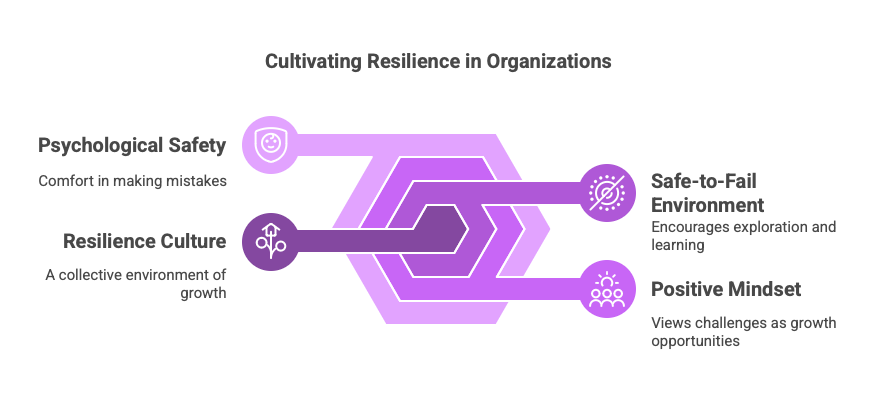
Tony亦強調心理安全感的重要性,讓員工敢於冒險。「我重視韌性多於成果。」Tony補充說,「若你能保持正面的心態,把挑戰視作成長機會,那麼你的堅毅也會帶動其他人一起前進。」安全試錯的環境可以讓創意得以萌芽,讓新項目有機會誕生;每一次挫敗都蘊含寶貴的反思與經驗,對技能、歷練和心態都大有裨益,有助於建立企業韌性的文化。
事實上,心理安全感是高績效的重要預測因素,也與企業面對逆境時的應對能力和員工投入程度息息相關(Frazier et al., 2016)。原因非常簡單:在缺乏安全感的環境中,人們專注於「生存」;而當生存變成最重要的目標,保守的策略就比創新嘗試來得更安全。在創新時尤其容易出現的失敗,所帶來的代價就顯得更沉重。
總結而言,Tony領導的核心哲學就是關懷——這正好平衡了醫療產業裡普遍以數據為本、冷冰冰的氛圍。在科學主導的醫療領域中,我們往往容易忽略人性關懷的重要性,但在Tony眼中,健康社會的建設離不開群策群力與心理層面的韌性。而我們亦深表認同——當我們全力向商業目標邁進之際,一群在組織中找得到意義與目標的員工,才是企業自身健康運作的根基,也確保企業能在動盪中持續穩健前行。
採訪手記 – 建立關懷文化的建議
開放對話:積極讓員工參與決策過程——諮詢他們的意見,並就決定進行坦誠對話,讓他們感受到參與感。
全面支援:關心員工工作以外的生活——在工作內外提供適當的支援,幫助他們應對各種挑戰。
直面失敗:失敗在任何層面都會發生——作為領導者,要預見失敗並思考如何補救,而不是急於追究責任。
(Eng)
About “Building Resilience for the Times with ___”
This is a series showcasing veteran business leaders who are supportive and joining day-to-day at work building resilience for the times, with their passion and experience, active in their industries.
To build resilience is to care – as a society and a collective, the way we build resilience is to care for each other and care for the end goal of what we are doing.
In this episode of “Building resilience of the times with __”, we are pleased to have invited Tony Cheng, the Managing Director of Merck HK and Macau, to share his vision on building a more sustainable future, and how he intends to do it with care.
As the leader of a pharmaceutical firm, it is easy to believe that his sole focus would be profit-making. But to Tony, he believes in one core principle: “Do the right thing, business will follow.” To him, business is never a do or die warfare – and even as a profit-seeking pharmaceutical firm, the long term vision is still clear: to build a healthier society.
On that front, he has pinpointed two important aspects: community engagement, and meaning at work.
Community engagement – caring beyond business
For Tony, community is the backbone of current and future success, and he aims to empower everyone from within and outside of Merck with constant support.
Internally, support in work is not enough – employees are looking for holistic support in life. Perhaps the best example of it is the Family Matters Initiative – an initiative tackling the low fertility. While the greater environment has contributed to low birth rate, the initiative targets things that are controllable – the fact that career prime and time when birth happens often show heavy overlapping, and providing support in managing raising a child and maintaining work progression, with the aim to break through the dilemma of having to choose one between work and parenting. “Women are often faced with such a dilemma – but it shouldn’t, and doesn’t have to be the case,” Tony claims. “That’s why we started the initiative – not to immediately change everything, but to provide a little nudge and address the concerns of balancing between work and child birth.”
Externally, Merck engages in community workshops in preventing diabetes. While it may sound counterintuitive that a pharmaceutical firm would be cutting into their own flesh by raising awareness in prevention of disease, to Tony the it is again simple: “Do the right thing, business will follow.” While identifying high-risk individuals for diabetes prevention may impact their immediate customer base, discovering potentially undiagnosed cases opens up new opportunities. Both approaches align with the long-term goal of fostering a healthier society.
A resilience culture – caring for employees and making employees care
We are facing a challenging, but that does not mean everything must be falling apart. Two things that Tony emphasizes as the leader are the purpose of their work, and the capacity to be wrong; they combine to the corner stone of Merck’s vision – “Sparking Discovery, Elevating Humanity”.
To a resilience culture that faces challenges with a sound and firm stance, giving employees a meaning at work beyond simply money reward and financial package is the first step. Meaning at work are things that determine employee satisfaction and engagement (Rothausen & Henderson, 2018), and this sense of purpose needs to be cascaded form top to bottom. “Not everyone will get it immediately – I didn’t get it in the beginning either” says Tony. “But as leaders you have to repeat yourself – and slow people will catch on.”
“Not everyone will get it immediately – I didn’t get it in the beginning either” says Tony. “But as leaders you have to repeat yourself – and slow people will catch on.”
Another cornerstone to resilience Tony emphasizes is the psychological safety to make mistakes. “I view resilience more as the outcome,” adds Tony. “If you can keep a positive mindset and view challenges as growth opportunities, you will be resilient, and your resilience will lead others to follow you.” A safe to fail environment allows for room to explore and for new projects to take place, and every setback brings valuable insights and lessons, both in skills, experiences and mindsets, resulting in a resilience culture.
Indeed, psychological safety are a consistent predictor to high performance, and is closely related to how business cope with hardships and the amount of effort employees put in (Frazier et al, 2016). The reason behind is simple: in an unsafe environment, people focus on survival; and when survival is the utmost priority, sticking to the tried and true is simply a better strategy than trying new things, and the consequence of failing (which is especially likely when trying new initiatives) are severe.
All in all, Tony’s approach has been with care in mind – something that, as he put it, balances out an otherwise data-driven industry. It is easy to overlook the role of human-touch in hard sciences like the medical field – but for Tony, the future of a health society is something that must be done from a community, and involves the psychological aspect of being resilient. And we agree on this perspective – while we are working hard at achieving our business goals, a group of employees who has a meaning and purpose in the organization ensures the health of the organization itself and ensures that it remains steady towards its destination in waves of uncertainty.
Reporter Observation
Open Dialogue: Actively involve your employees in decision making - consult them on their thoughts, and have candid conversations about decisions to give them a sense of participation.
Holistic support: Care about your employee as a person beyond work - give them appropriate support when needed in and outside of work contexts.
Take failures to the face: failures happen all the time at all levels - as leaders, be braced for failures and think of how to recover before putting blames on different individuals.
Reference
Frazier, M. L., Fainshmidt, S., Klinger, R. L., Pezeshkan, A., & Vracheva, V. (2016). Psychological safety: A Meta‐analytic review and extension. Personnel Psychology, 70(1), 113–165. https://doi.org/10.1111/peps.12183
Rothausen, T. J., & Henderson, K. E. (2018). Meaning-based job-related well-being: Exploring a meaningful work conceptualization of job satisfaction. Journal of Business and Psychology, 34(3), 357–376. https://doi.org/10.1007/s10869-018-9545-x

MindForest EAP
MindForest 結合 AI 科技及心理學,締造員工愛用的精神健康方案,讓管理層能及早識辨及管理危機,並進一步支援員工的全面發展與職場表現,一站式應對和解決僱員精神健康和自我發展。
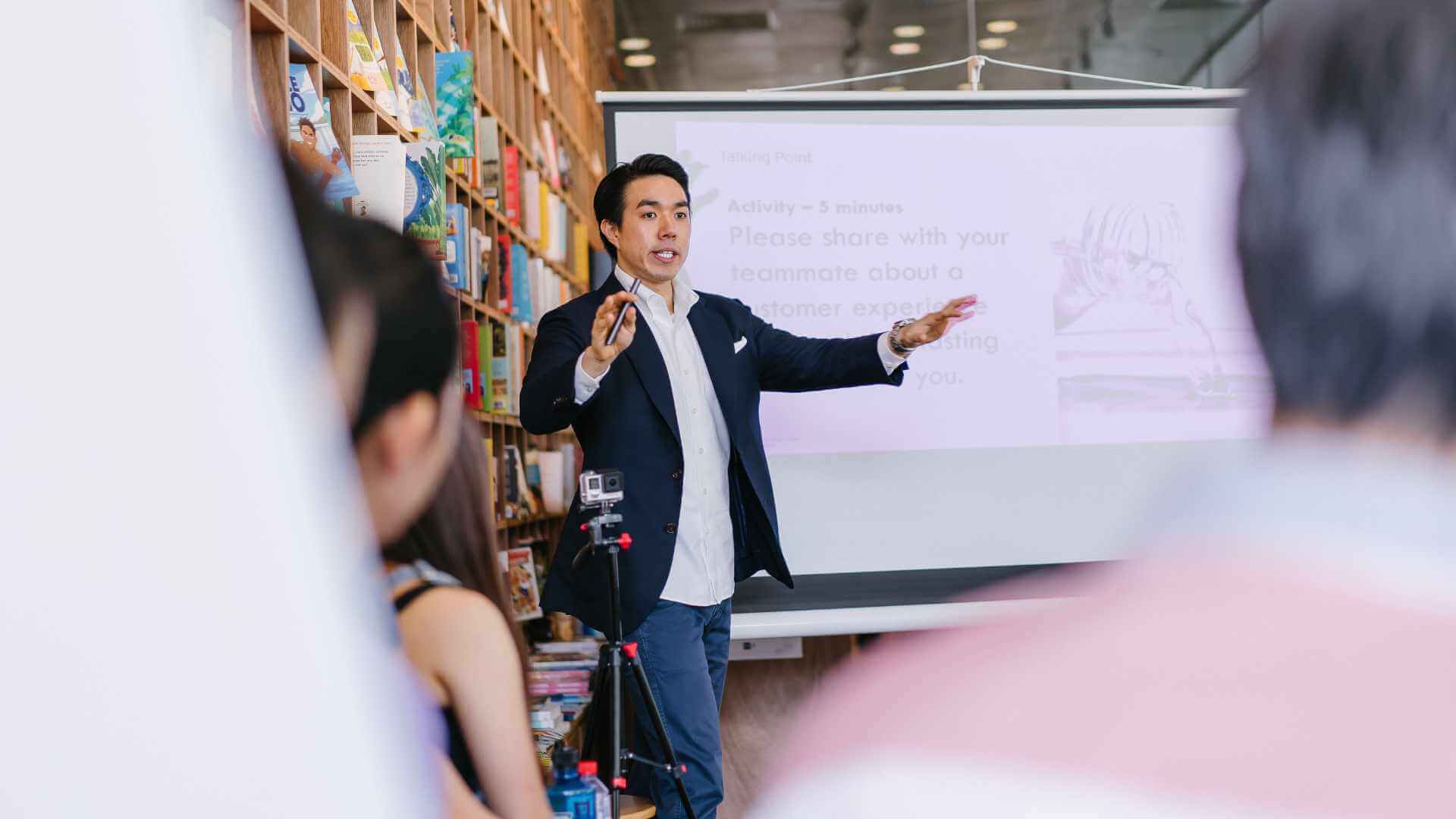
管理心理學全方位
這個培訓計劃能提供全面的管理心理學知識,協助參加者建立優秀的領導能力。參加者會理解如何在團隊中培養心理安全感、情境領導模型和不同領導反饋技巧,令他們能靈活運用不同的領導風格和溝通模式管理下屬。
我們的服務

課程
深入淺出的心理學線上及實體課程,提升自我。

MindForest App
運用心理學與人工智慧的研究成果,助你面對生活的每一刻挑戰。

心理治療
全面及實證的心理治療及輔導服務,疏導情緒。

社群活動
一系列的社群活動,凝聚不甘原地踏步,嚮往結伴成長的你。

企業培訓
全面的人才培訓與發展方案,為你締造長遠的企業發展。
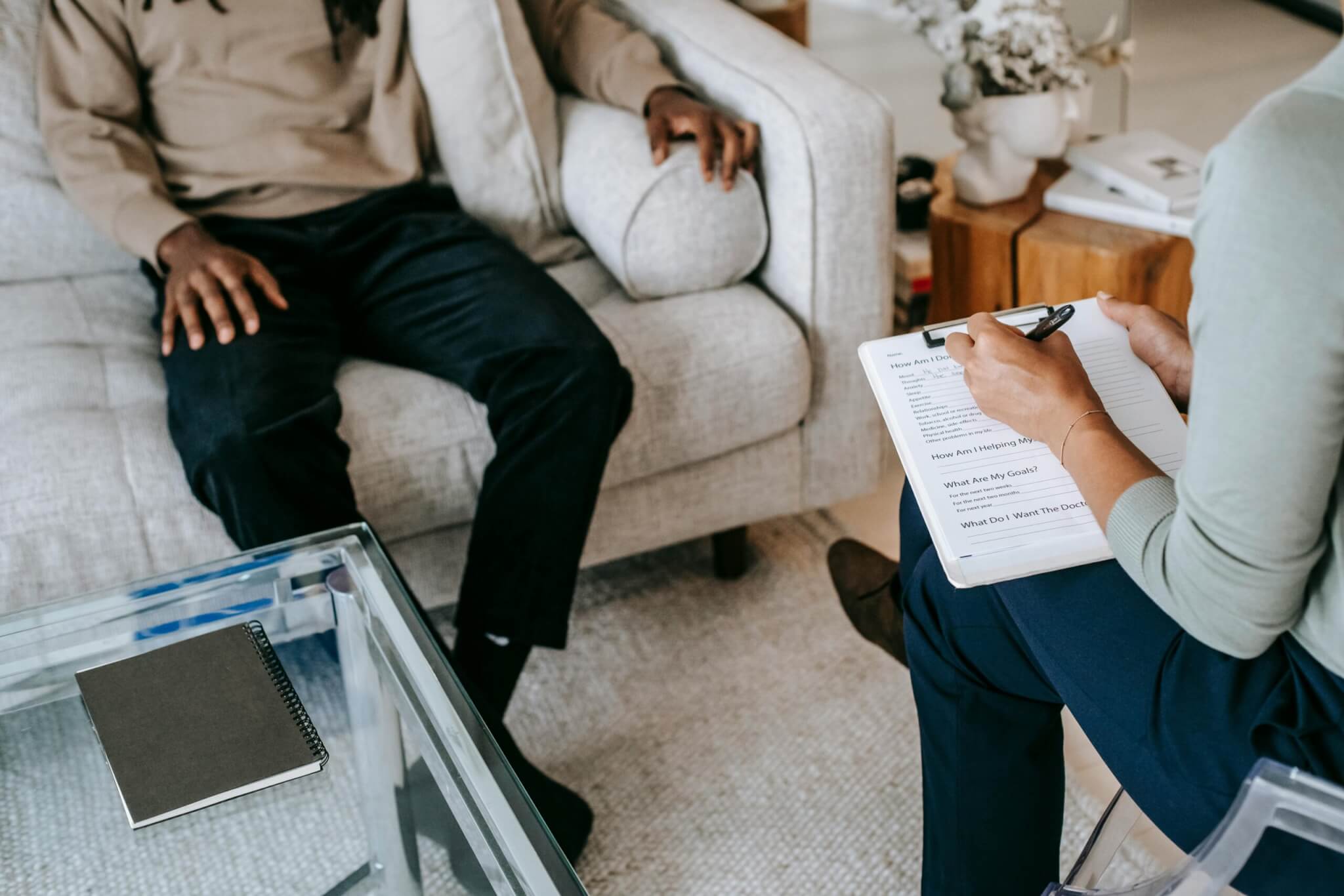
ForestGuide 諮詢
一對一諮詢服務助你描繪人生藍圖,找到前進的力量與方向。
